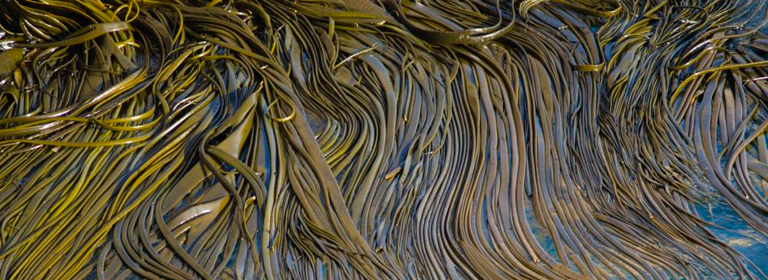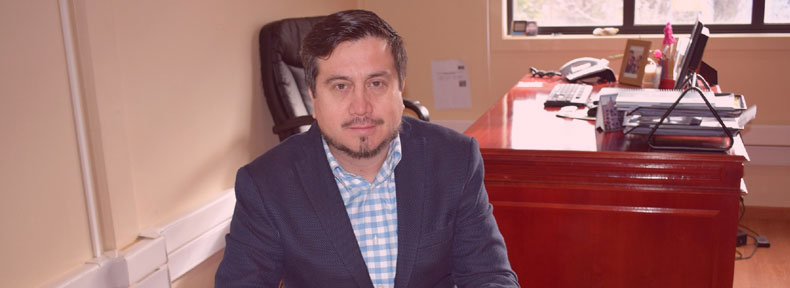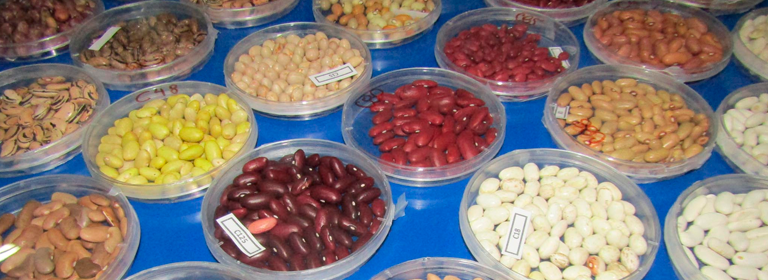The page created by the Pontificia Universidad Católica de Chile connects decision-makers with generators of scientific knowledge. Only academics from associated institutions, such as the UCM, can now open profiles on the new platform.
 Offering a space to connect researchers with parliamentarians is the objective of a digital platform created by the Pontificia Universidad Católica de Chile, under the name “Vincula”.
Offering a space to connect researchers with parliamentarians is the objective of a digital platform created by the Pontificia Universidad Católica de Chile, under the name “Vincula”.
The network, still under construction, has the collaboration of ten institutions, including the UCM.
The ambassador of the initiative at the Universidad Católica del Maule, María Haydée Fonseca, said, «The idea is that academics and legislators create profiles on the platform, can contact each other, and follow up on the discussion and approval of laws of interest».
The also doctor in Economics and director of the School of Commercial Engineering of the campus highlighted that “In academia, incentives are more related to scientific productivity than to the regulatory field and this means that many public policies are not supported by sufficient evidence. We all know that public policies that are supported by scientific information have greater quality and credibility”.
«Vincula» has 263 registrations, including researchers, academics, deputies, and senators. Fonseca invited the UCM community to join.
 «The process is very simple. For example, I enter and put my full name, studies, and lines of research. From there I can observe certain laws, receive alerts in my e-mail, and contact the decision maker (…). For each law, the review commission appears and one can write directly to a member,” she said.
«The process is very simple. For example, I enter and put my full name, studies, and lines of research. From there I can observe certain laws, receive alerts in my e-mail, and contact the decision maker (…). For each law, the review commission appears and one can write directly to a member,” she said.
“For a scientist to present the results of their research to a senator or congressman, the mechanisms are very limited. Generally, those who are part of the networks are invited to Congress and then the same researchers end up arriving. In this sense, ‘Vincula’ tries to serve as a bridge”, emphasized the ambassador.
The PUC academic Dr. Francisca Reyes is leading the project hosted at https://vincula.cl/













